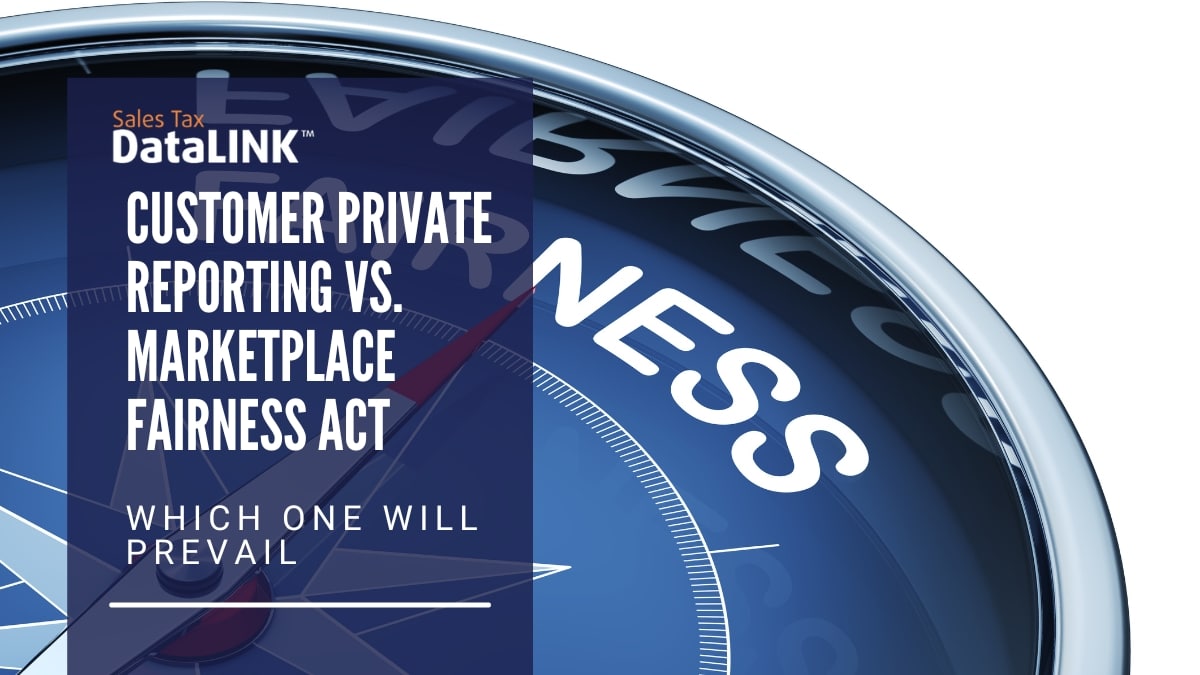The Marketplace Fairness Act called for e-commerce merchants across the nation to collect sales taxes. In a hearing on March 12, 2014, legislators looked at the pros and cons. On the one hand, the MFA is intended to level the playing field. Once online sellers have to collect sales tax, they figure, consumers will be just as likely to shop at locally owned brick-and-mortar stores. There are some plausibility issues here. For one thing, no amount of sales tax legislation is going to let you shop Main Street in your pajamas after the late show.
There’s also the question of whether the MFA leads to fairness or not. Small online retailers won’t have to collect sales tax, and small brick-and-mortar retailers will, so it may come down to a face-off between Walmart.com and Amazon.com, and the fairness question there is a lot less heartwarming than Amazon vs. Main Street. And there are complications. Not only will midsized online retailers have to get a handle on the sales tax laws for multiple jurisdictions (and we can help with that), but they’ll also be open to audits and legal action from all of those jurisdictions. Putting one state’s businesses under another state’s jurisdiction seems to violate the Commerce Clause, with potential consequences for SMBs all over the country. How many will be driven out of business — and how fair is that? Another option has been proposed: CPR, or Customer Private Reporting. Under this system, all merchants must report taxable sales to a central database. Since the information reported will consist only of the taxpayer’s name and the total sale, privacy issues are minor. The consumers will then be responsible for paying use tax, just as they already are, but they will be able to do so more easily.
The commerce clause remains intact, states can still decide how to enforce their use tax requirements on their citizens — not the residents of other states who have not created nexus in their states. What’s wrong with the idea of CPR? For one thing, it might be very hard to enforce. Shoppers are already required to pay use tax — a tax on their right to use goods they purchase without having paid sales tax on them. They just don’t. Will received an annual list of the taxable amounts they spent out of state cause taxpayers to pay all those use taxes, or just leave states with enormous numbers of nonpaying citizens, none of whom owes enough to deliver a good ROI on collection efforts?
Some decisions will certainly need to be made, but states should probably think about the law of unintended consequences. What if remote sellers choose to sell only in their home states, perhaps with help from informal social media-powered shoppers’ co-ops that facilitate shipping across state lines? What if consumers respond to added online sales taxes simply by spending less, or by focusing their buying on digital products instead of taxable physical goods? Perhaps a CPR system will cost the states, because of the complexity of enforcing it. The whole thing may end up as a case of killing the goose that lays the golden eggs.




